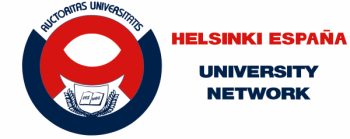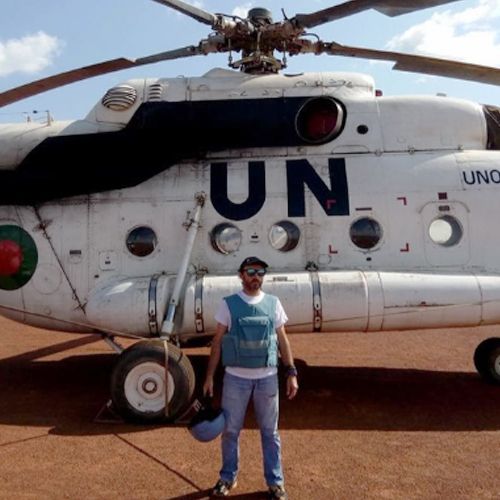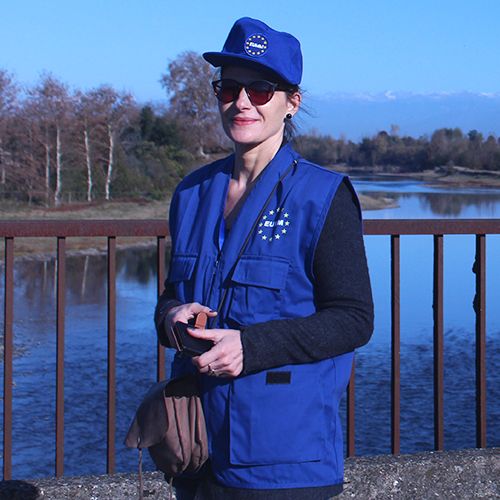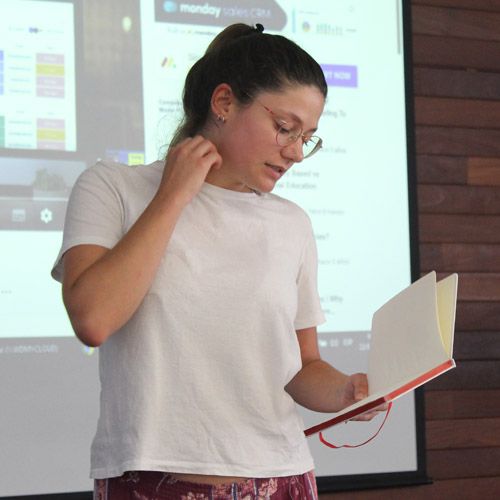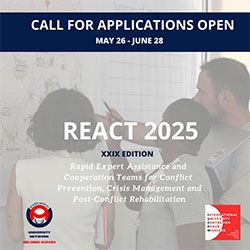REACT Training Program

Rapid expert assistance and
co-operation teams for conflict prevention, crisis management and post-conflict rehabilitation (REACT)
Background Information
The REACT course consists of a five-week training program focused on peacebuilding and conflict prevention. It is aimed at professionals interested in working on issues related to peace operations and the maintenance of international peace and security.
What is REACT?
REACT is a 5-week intensive training program specializing in peace missions and conflict prevention, designed for professionals interested in human rights, conflict analysis, civilian protection, and peacebuilding, especially those who wish to work or are already working in international organizations or in humanitarian and development contexts.
Aims
- To equip participants with the knowledge and skills necessary to analyze and understand the main threats to international peace and security, the contexts in which armed conflicts arise, their key actors, and the impact of conflict on civilians.
- To develop participants’ competencies in conflict prevention and peacebuilding.
- To enhance participants’ capacity and confidence to effectively manage risks and respond to emergency or critical situations while deployed in hostile environments.
To provide participants with a solid understanding of the International Legal Framework, including international human rights law, international humanitarian law, and refugee law, with a particular focus on the protection of civilians in armed conflict and humanitarian crises.
Why REACT for Your Career?
In a world where conflicts are a constant reality, focusing on Peace Missions and Reconstruction Operations is essential. Programs like REACT by Helsinki Spain have become indispensable and highly sought after.
This intensive five-week course specializes in conflict prevention, crisis management, and post-conflict rehabilitation, playing a crucial role in advancing a career in peace operations and international security.
Benefits for Participants:
🔹 Acquisition of Practical Skills: Through case studies, teamwork, and simulations, participants develop competencies to navigate real-world environments.
🔹 International Networking: Engaging with professionals and experts from various international organizations expands one’s network and collaboration opportunities.
🔹 Enhanced Employability: Specialized training and course recognition open doors to positions in international organizations, NGOs, and government entities dedicated to peace and security.
REACT content is divided into five modules which can also be taken separately.
Conflict Analysis & Conflict Sensitivity Programming
Conflict analysis; conflict transformation; conflict prevention; gender equality; violent masculinities; social inclusion, conflict sensitive communication; mediation, negotiation, dialogue, HDP triple nexus; conflict sensitive programming; TOC and indicators of change.
Protection of Civilians and International Legal Frameworkw
Centrality of protection; peacekeeping protection of civilians’ mandate; responsibility to protect; international humanitarian law; human rights law; international criminallaw; accountability mechanism; transitional justice; women, peace and security agenda; children and armed conflict mandate.
Tools and Strategies for Sustaining Peace
Security sector reform; disarmament, demobilisation and reintegration; governance; election processes; UN´s role in sustaining peace.
Risks and Threats to International Peace
Transnational organised crime; economies of conflict; armed conflicts and prolonged crises; terrorism; armed groups labelled as terrorist; radicalisation, disinformation, modern conflicts.
Hostile Environment Awareness Training, HEAT
Awareness of threats and risks; personal security; safety and security procedures for vehicle movement; kidnapping and hostage survival; weapons, mines, improvised explosive devices and unexploded ordnances; protection of classified and sensitive information; first aid in hostile environments; traffic accident management and First Responder Healthcare (FOTS) of NAEMT; orientation and communications in the field; 4×4 off road driving; working with interpreters; stress management; negotiation and multicultural communication; chemical, biological, radiological and nuclear defense.
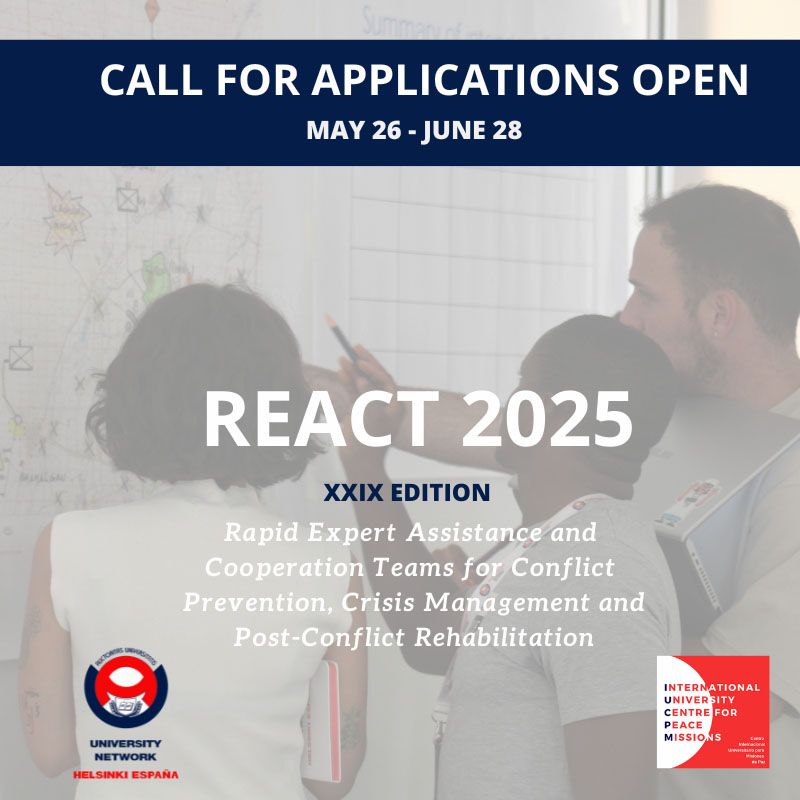
Operating in Hostile Environments
The REACT course will teach students how to effectively deal with critical or emergency situations while deployed in hostile environments.
This training is aimed at improving the capabilities of the participants to work as a team member in an international field operation.
